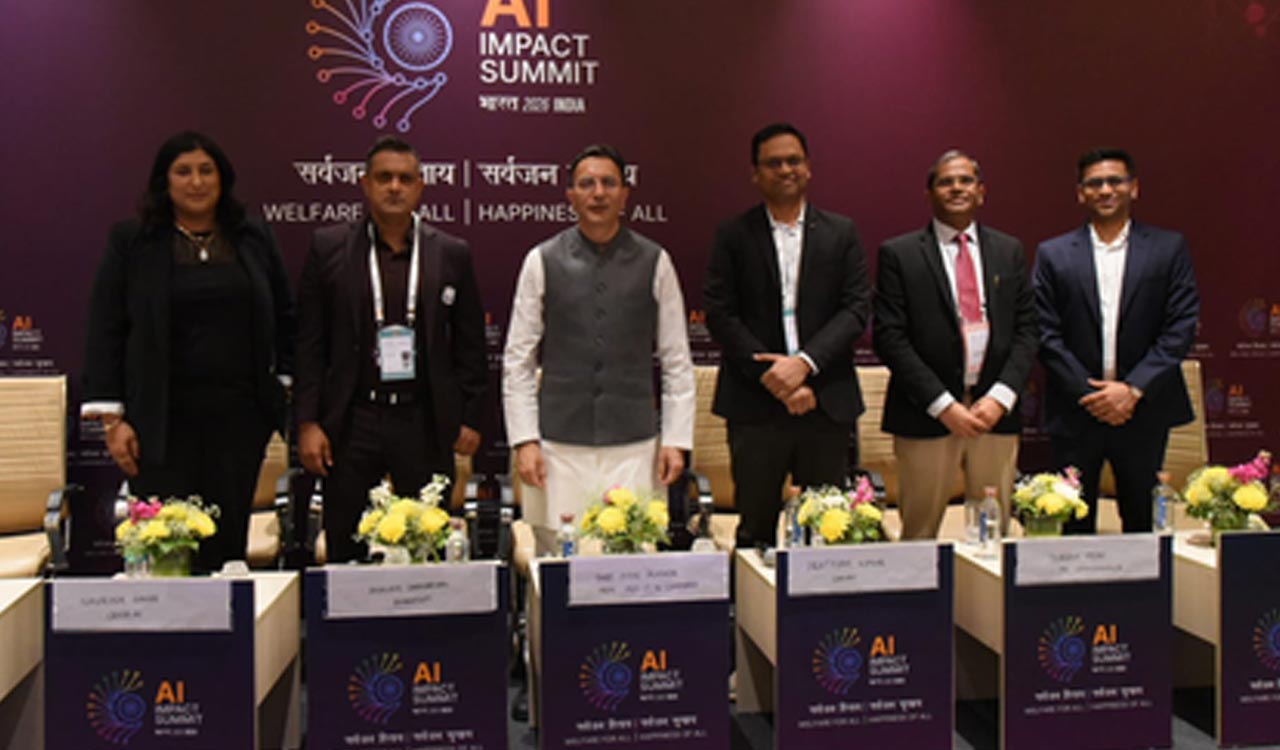The future of psychometric testing: AI and behavioral analytics in recruitment
Psychometric assessments have traditionally measured cognitive ability, personality, and workplace behavior. While effective, they have relied on static models and self-reported answers, which don’t always capture a candidate’s real potential. AI is transforming these assessments by offering a more data-driven approach to hiring.

Gurgaon: Recruitment is no longer just about qualifications and experience. In today’s job market, employers need to understand how candidates think, adapt, and behave in real-world work scenarios. This shift has made psychometric tests for recruitment more crucial than ever. However, with the rise of artificial intelligence (AI) and behavioral analytics, these assessments are evolving to offer more profound, more predictive insights.
Psychometric assessments have traditionally measured cognitive ability, personality, and workplace behavior. While effective, they have relied on static models and self-reported answers, which don’t always capture a candidate’s real potential. AI is transforming these assessments by offering a more data-driven approach to hiring.
The AI advantage in psychometric testing
AI-driven psychometric testing is redefining how organizations assess talent. AI in psychometric testing allows organizations to evaluate many candidates by automating the process, making it more efficient and streamlined.
Furthermore, organizations can improve testing accuracy with AI by utilizing machine learning techniques. AI systems can learn from the data gathered and refine their psychometric tests, improving the reliability of the assessment. This allows organizations to make better decisions regarding candidate selection and hiring.
With the traditional use of psychometric tests for recruitment, the chances of personal or inherent bias creeping in remain high. This is due to the presence of human elements. AI-driven psychometric testing can easily overcome biases by focusing on the data and eliminating subjectivity from the assessment evaluation.
Behavioral analytics: A game changer in hiring
Beyond psychometric testing, behavioral analytics is shaping the future of recruitment by providing a clearer picture of how candidates will perform on the job. Traditional hiring methods often rely on resumes and interviews, which can be subjective. Behavioral assessments powered by AI eliminate this guesswork by analyzing micro-behaviors, cognitive biases, and response tendencies to predict workplace behavior with greater accuracy.
A candidate may have the right skills on paper, but how do they respond to conflict? Can they lead a team? Will they adapt to a changing work environment?
Behavioral assessments, such as those offered by Mercer | Mettl, provide objective answers to these critical questions. These assessments evaluate competencies such as leadership potential, risk-taking ability, ethical decision-making, and collaboration—allowing recruiters to build teams that are not only skilled but also culturally and strategically aligned with the organization.
The rise of skills-based hiring
As industries evolve, organizations move away from degree-based hiring and shift toward skills-based recruitment. AI-enhanced psychometric and behavioral assessments are at the heart of this transformation, helping businesses identify candidates based on their actual competencies, rather than just their educational background or past experience.
Mercer | Mettl’s assessment solutions are designed to evaluate candidates for roles that demand a mix of technical skills, cognitive abilities, and behavioral traits. Instead of focusing solely on what candidates have done in the past, these tests help organizations identify who has the potential to excel in the future. This approach widens the talent pool and ensures that hiring is more inclusive, forward-thinking, and aligned with business objectives.
Finding the right balance: AI and human expertise
While AI-powered psychometric and behavioral assessments offer unparalleled accuracy and efficiency, human judgment remains essential. Ethical AI frameworks ensure fairness, transparency, and unbiased decision-making in recruitment. The future of hiring lies in combining AI-driven insights with human intuition, creating a balanced and holistic approach to talent acquisition.
The future of recruitment is no longer just about filling roles; it’s about finding the right fit for long-term success. As industries evolve, organizations that embrace AI-driven assessments will be better positioned to attract, retain, and develop high-potential talent, ensuring their workforce is agile, future-ready, and built for success.
Related News
-
Stock markets bounce back after falling in early trade
33 seconds ago -
Yash unveils bold new avatar in Toxic: A Fairytale for Grown-Ups
12 mins ago -
Trump orders release of UFO and extraterrestrial files
1 hour ago -
Municipality withdraws permission for prayers in government building in Uttarkhand
2 hours ago -
India AI Impact Summit 2026 positions AI as national infrastructure
2 hours ago -
Trump weighs limited military strike on Iran over nuclear deal
2 hours ago -
Odisha government reviews protection of Lord Jagannath temple lands
10 hours ago -
Iran holds military drills with Russia as US carrier moves closer
10 hours ago




